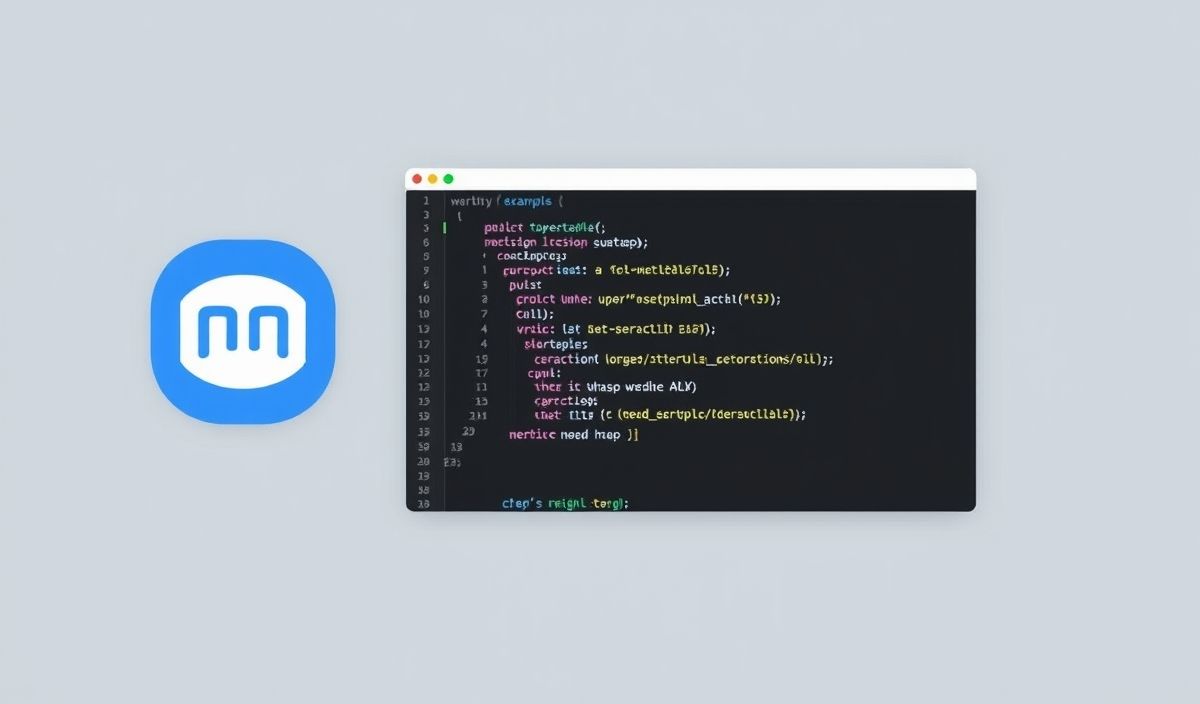Introduction to Stringify Object
The stringify-object library is an essential tool for JavaScript developers who need to convert objects into strings. This library offers an easy-to-use API that enables developers to handle different scenarios and requirements when stringifying objects. Here, we’re going to explore a variety of APIs provided by stringify-object along with code samples and practical usage within an application.
Basic Usage
const stringify = require('stringify-object');
const obj = {
foo: 'bar',
baz: [1, 2, 3],
qux: { hello: 'world' }
};
console.log(stringify(obj));
Indentation
const stringify = require('stringify-object');
const obj = {
foo: 'bar',
baz: [1, 2, 3],
qux: { hello: 'world' }
};
console.log(stringify(obj, {
indent: ' '
}));
Handle Circular References
const stringify = require('stringify-object');
const obj = { foo: 'bar' };
obj.circular = obj;
console.log(stringify(obj, {
filter: (obj, prop) => prop !== 'circular'
}));
Excluding Properties
const stringify = require('stringify-object');
const obj = {
foo: 'bar',
password: '12345'
};
console.log(stringify(obj, {
filter: (obj, prop) => prop !== 'password'
}));
Customizing Property Values
const stringify = require('stringify-object');
const obj = {
foo: 'bar',
baz: 'qux'
};
console.log(stringify(obj, {
transform: (obj, prop, originalResult) => {
if (prop === 'baz') {
return 'transformed';
}
return originalResult;
}
}));
App Example Using Stringify Object
Below is an example of a simple Node.js application that utilizes stringify-object to log the stringified version of an object. This example demonstrates various APIs as well as a practical implementation.
const express = require('express'); const stringify = require('stringify-object'); const app = express(); const PORT = 3000; app.get('/', (req, res) => { const obj = { foo: 'bar', baz: [1, 2, 3], qux: { hello: 'world' } }; const response = stringify(obj, { indent: ' ', transform: (obj, prop, originalResult) => { if (prop === 'baz') { return 'transformed'; } return originalResult; } }); res.send(`${response}`);
});app.listen(PORT, () => {
console.log(`Server is running on http://localhost:${PORT}`);
});
Start the server and navigate to
http://localhost:3000to see the stringified object as a formatted string in the response. Customize the object and settings as needed for your specific use case.Hash: 00ca207aca0e7856bad46ed009439ee48a0b55230461931e88177332f1f8adea




